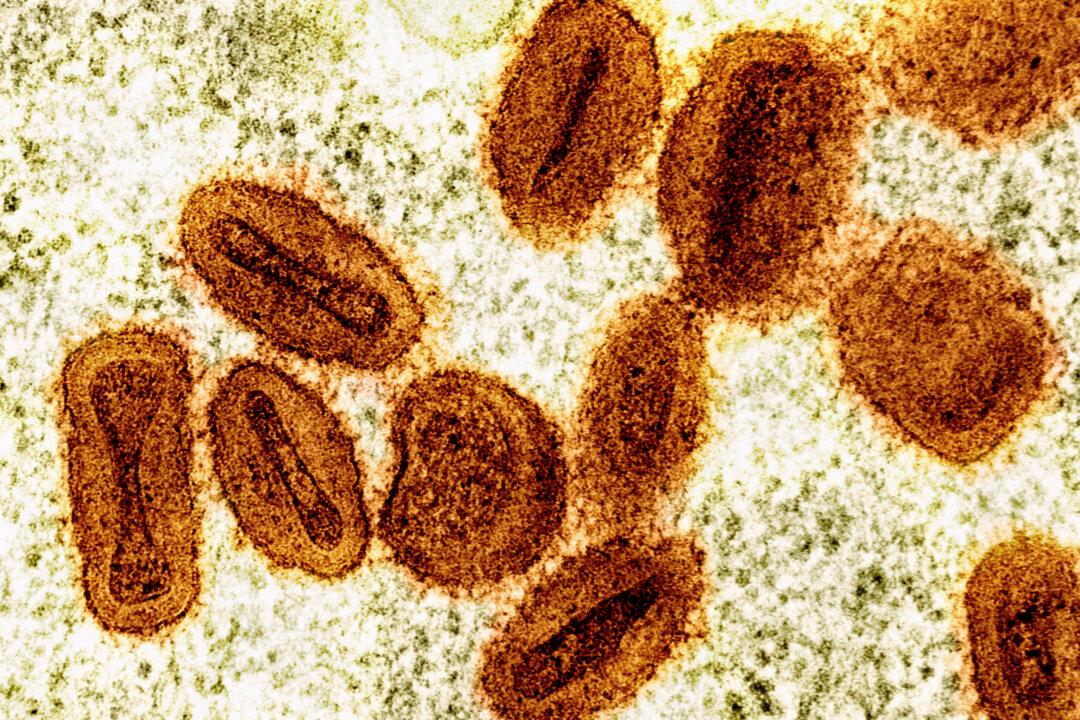Health officials have confirmed the first detected case of a new strain of monkeypox (mpox) in the United States.
The clade I strain, which was first reported in the eastern Congo earlier this year, was found in a traveler who had returned from eastern Africa to northern California, the California Department of Public Health (CDPH) said on Nov. 16.






